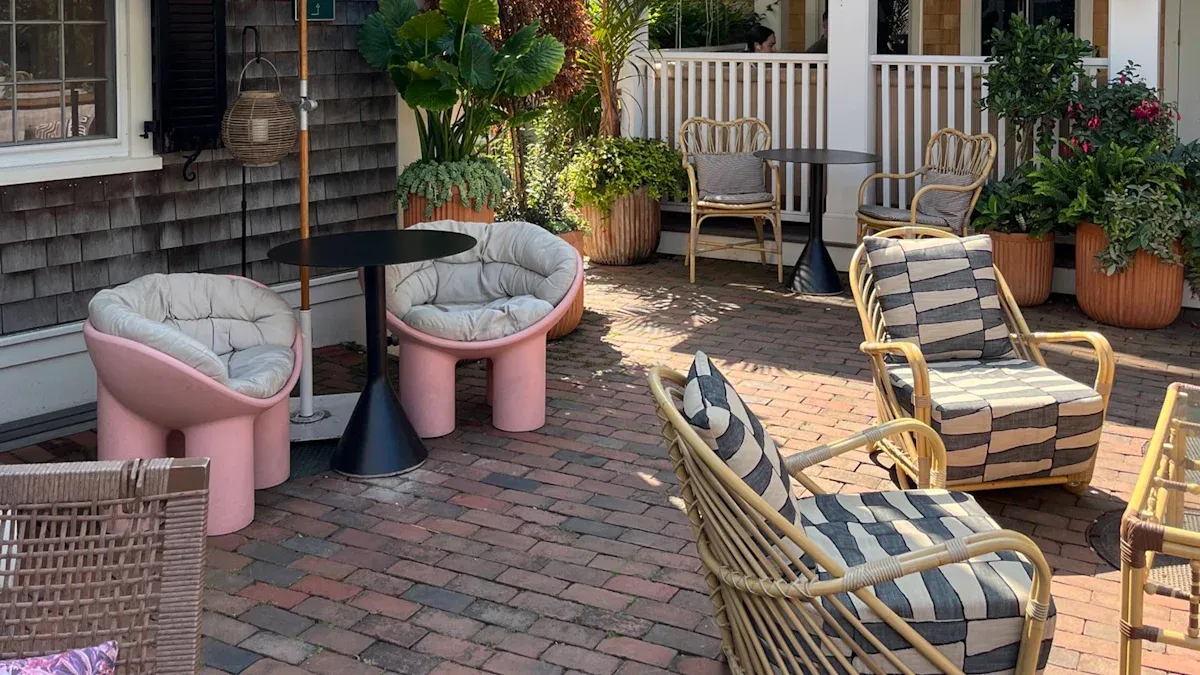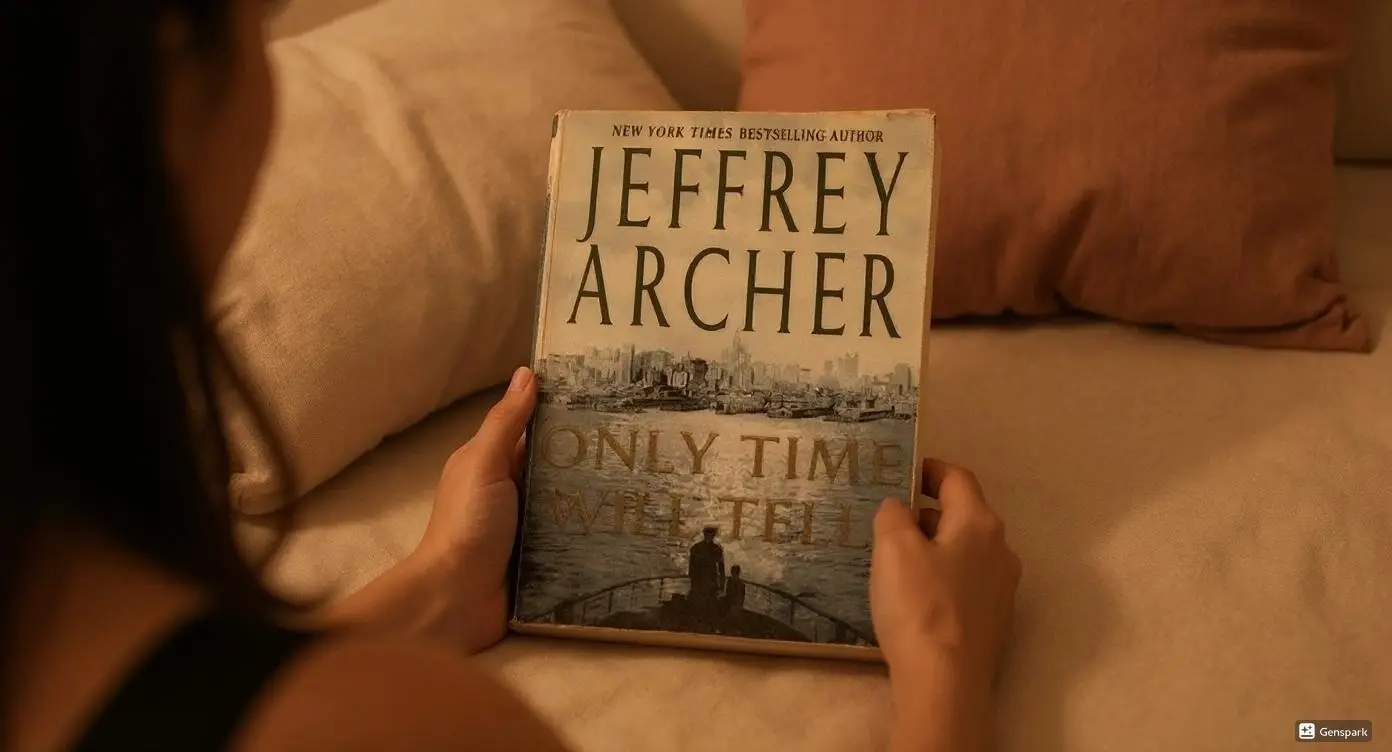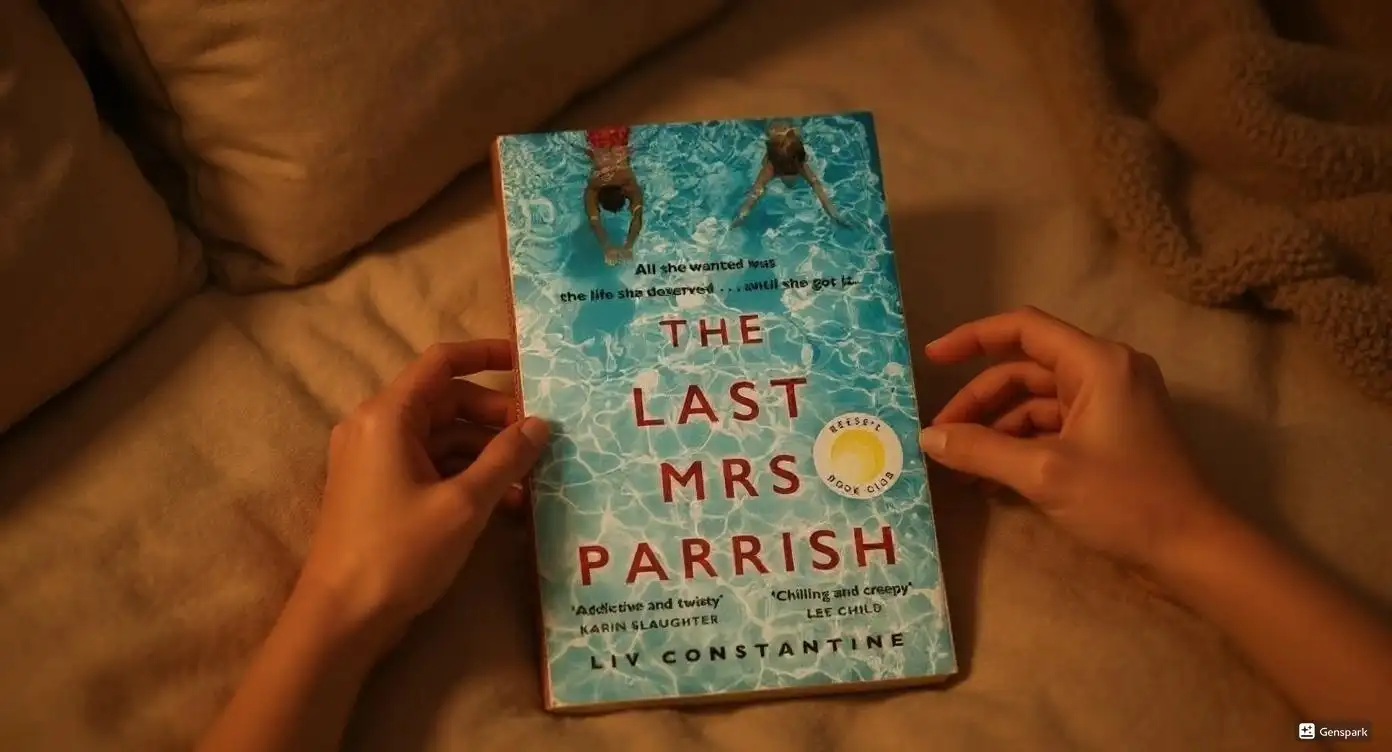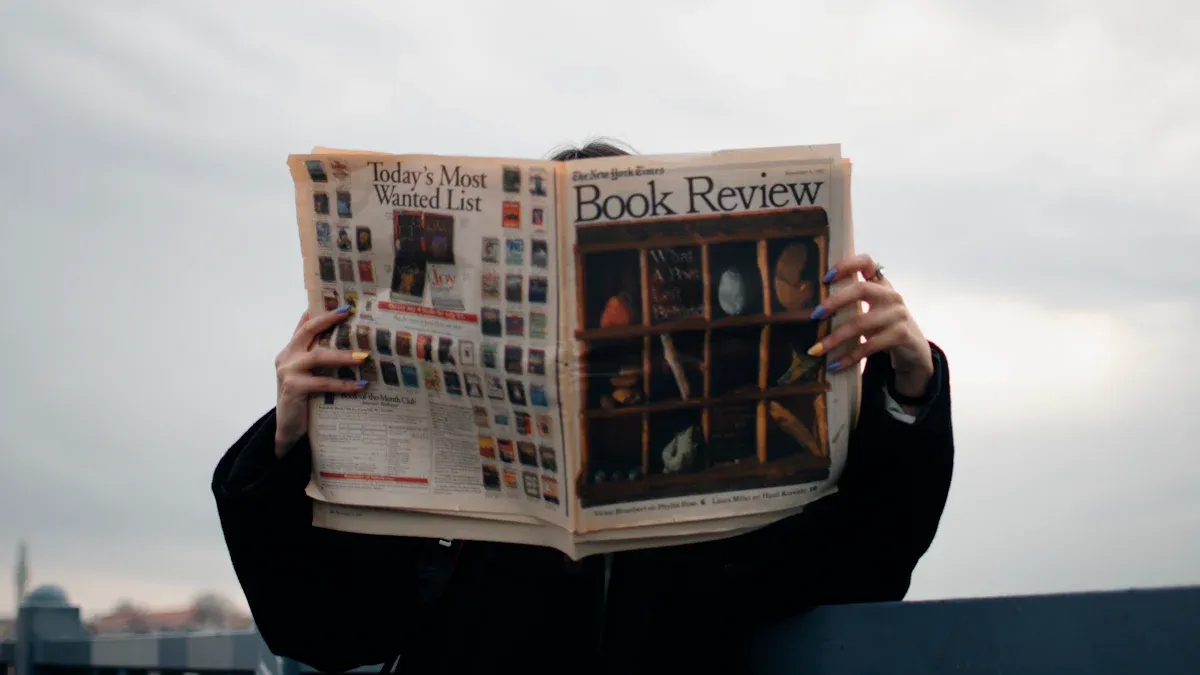I finished “Love, Coffee, and Revolution” in one sitting. That rarely happens for me. Dee Blum’s wild journey made me laugh, think, and even crave a strong cup of coffee. Stefanie Leder uses sharp humor and a punchy style that mixes activism and Love without getting preachy.
Key Takeaways
Love, Coffee, and Revolution mixes love, activism, and jokes in a new way. It keeps readers interested from the first page to the last.
Dee Blum’s honest story is easy to relate to. It shows that real change needs time. You have to listen and learn from mistakes. This makes activism feel close and hopeful.
The bright Costa Rica setting and fair coffee ideas make readers think about fairness. They also think about the people who make their coffee. All this happens while enjoying a story that is warm and funny.
Verdict
Who Will Enjoy It
I’ll be honest, I didn’t expect to get so hooked on a book that mixes romance, activism, and coffee farming. If you love stories with a strong sense of place and a main character who’s a little messy but always real, this one’s for you. I think readers who enjoy:
Romantic comedies with a twist
Stories about social justice and activism
Travel fiction that feels immersive
Characters who grow and stumble and try again
A dash of humor with their drama
will find a lot to love here. I also noticed that the book’s unique storytelling style made it easy to follow Dee’s journey. Research shows that people naturally organize stories in their heads to make sense of what’s happening. I felt that here—each chapter pulled me deeper, and I kept wanting to know what Dee would do next.
If you’ve ever wanted a book that makes you laugh, think, and maybe even question your morning coffee, this one checks those boxes.
Highlights
I have to give props to Stefanie Leder for making activism feel personal and even funny. Some books about justice get heavy fast, but this one balances the tough stuff with real warmth. Here’s what stood out for me:
Dee’s voice: She’s sharp, self-aware, and never perfect. I found myself rooting for her, even when she made mistakes.
Coffee as more than a backdrop: The book digs into the ethics of coffee farming without turning into a lecture. I learned a lot, but I never felt bored.
Romance that feels earned: The love story isn’t just a side plot. It’s tangled up with Dee’s growth and the bigger questions about justice and community.
Humor in unexpected places: I laughed out loud at some of Dee’s inner thoughts. The humor kept things from getting too heavy.
Storytelling that pulls you in: The way the story unfolds reminded me of how people make sense of complicated situations—by building a narrative that feels true and complete. That’s not just my opinion; studies show we all do this, even in serious settings like courtrooms.
To be fair, the pacing dragged a bit in the middle. I sometimes wanted more from the side characters. Still, the book’s blend of romance, activism, and humor felt fresh.
Author & Setting

Stefanie Leder
I didn’t know much about Stefanie Leder before picking up this book. Now, I feel like I’ve met someone who gets how messy and funny life can be. Leder writes with a sharp eye for detail and a real sense of humor. She doesn’t just tell a story—she invites you to sit down, grab a mug, and listen in.
I noticed how she weaves activism into the plot without making it feel forced. Her style feels honest, almost like she’s letting you peek behind the curtain of her own experiences. I wish I knew more about her background, but what shines through is her passion for justice and her love for stories that matter.
I found myself laughing at Dee’s awkward moments and thinking about the bigger questions Leder sneaks in between the jokes.
Costa Rica
Costa Rica isn’t just a backdrop in this book—it’s a living, breathing part of the story. I could almost smell the coffee fields and feel the sticky heat. The country’s recent history shapes everything Dee faces:
Economic changes split the country into two worlds: one focused on exports and another struggling with low wages and informal jobs.
Poverty and inequality have stuck around, with more people feeling left out as the gap between rich and poor grows.
Trust in government has dropped, and people worry more about crime than before.
These real-life issues make Dee’s journey feel urgent and real. The setting isn’t just pretty scenery—it’s a place full of hope, frustration, and the fight for something better. That’s what makes the story stick with me long after I finish the last page.
Plot
Dee Blum’s Journey
I have to admit, Dee’s story pulled me in right away. She lands in Costa Rica with a suitcase full of doubts and a heart that’s been bruised. I felt her confusion and hope on every page. Dee isn’t some superhero. She messes up, she gets lost, and she says the wrong thing at the worst time. That made her feel real to me. I found myself rooting for her, even when she stumbled.
Dee’s journey is about more than just romance. She wants to make a difference, but she’s not sure how.
I loved how she questions her own motives. Is she helping, or just trying to feel better about herself?
The story doesn’t shy away from tough moments. Dee faces poverty, unfairness, and her own privilege.
I laughed at her awkward Spanish and her attempts to fit in. I also felt a lump in my throat when she realized how big the problems really are.
Dee’s growth felt honest. She learns that real change takes more than good intentions—and sometimes, Love means listening instead of fixing.
Coffee Industry
Coffee isn’t just a backdrop in this book. It’s the heartbeat of the story.
Coffee touches almost everyone, from farmers in Costa Rica to people grabbing a cup before work in the US. The book shows how the industry can lift people up or leave them behind. I started thinking about where my own coffee comes from. The story made me care about the people behind every cup.
Characters
Dee Blum
Dee Blum felt like someone I could meet at a coffee shop. She’s awkward, honest, and sometimes a little lost. I saw myself in her, especially when she second-guessed her choices or made a joke at the wrong time. Dee’s not a superhero. She’s just trying to figure things out, and that made her journey feel real.
Dee’s inner voice is sharp and funny. I laughed at her self-talk and cringed when she stumbled.
She cares deeply about justice, but she doesn’t always know how to help. That made her more relatable.
I noticed how her doubts and hopes made me root for her. I wanted her to find her place, even when she messed up.
I found myself thinking about my own choices after reading about Dee. She made me ask, “What would I do in her shoes?”
Relationships
The relationships in this book pulled me in. Dee’s connections with others felt messy and true. I saw how her friendships and romantic interests shaped her growth. The story shows that Love isn’t just about romance. It’s about listening, learning, and sometimes letting go.
Dee’s friendships felt real. She argued, forgave, and sometimes drifted apart from people.
The romance didn’t feel forced. It grew out of shared struggles and honest conversations.
I noticed that I cared more about Dee because I saw parts of myself in her relationships. Research says that when we see ourselves in characters, we connect more deeply. That’s true here. I felt like I was part of Dee’s world.
The way Dee relates to others made me reflect on my own friendships and what I value in Love.
Love & Themes

Activism
I felt the activism in this book right from the start. Dee doesn’t just talk about making a difference—she tries, fails, and tries again. I saw her struggle with what it means to help without taking over. The story never gets preachy. Instead, it shows how activism can be messy and full of mistakes.
I liked how the book made me think about my own choices. Sometimes, I wanted to jump into the pages and give Dee advice. Other times, I just wanted to sit back and watch her figure things out.
The book tackles real issues in coffee farming. I learned about fair wages and the tough choices farmers face.
Dee’s journey made activism feel personal. She cares, but she also questions if she’s doing enough.
I appreciated how the story didn’t offer easy answers. It made me see that real change takes time and listening.
I found myself rooting for Dee, even when she stumbled. Her activism felt honest, not forced.
Justice
Justice runs through every chapter. I saw it in the way Dee reacts to unfairness. She wants to fix things, but she learns that justice isn’t always simple. The book explores what it means to stand up for others, even when it’s uncomfortable. I liked how the story showed both big and small acts of justice.
The coffee industry brings up tough questions about fairness. Who gets paid? Who gets left out?
Dee faces her own privilege. She learns that justice means more than just good intentions.
The story made me think about my own morning coffee. Who grew it? Did they get a fair deal?
The book doesn’t let anyone off the hook. It asks hard questions but keeps the story moving.
Humor
I have to give props to Stefanie Leder for making me laugh in the middle of serious topics. Dee’s awkward moments and sharp jokes kept me turning the pages. The humor never felt forced. It came from real situations—bad Spanish, cultural mix-ups, and honest mistakes.
I laughed out loud at Dee’s inner thoughts. She knows when she’s being ridiculous.
The funny moments made the heavy parts easier to handle. I never felt weighed down.
Humor helped me connect with Dee. She felt like a real person, not just a character.
Sometimes, I found myself grinning at a joke, then thinking hard about what came next. That balance made the book special.
How the Novel Weaves It All Together
This book pulls together romance, activism, and humor in a way that feels natural. The Love story isn’t just about romance. It’s about caring for people, standing up for what’s right, and learning to listen. I saw how Dee’s relationships pushed her to grow.
The ethical questions around coffee farming made the story feel urgent and real. The humor kept things light, even when the topics got heavy.
Love shows up in big and small ways—in friendships, in fighting for justice, and in learning to forgive.
The story made me care about people I’ve never met. It made me want to do better in my own life.
I finished the book feeling hopeful. Even when things got tough, Love and laughter kept the story moving.
If you want a book that mixes romance, activism, and humor without losing heart, this one delivers.
Style
Tone
I noticed right away that Stefanie Leder writes with a voice that feels like a friend talking over coffee. The tone is warm, sharp, and sometimes a little sarcastic. I found myself laughing at Dee’s awkward moments and then pausing to think about the bigger questions. The book never talks down to the reader. Instead, it invites you in, like you’re part of the story.
The humor kept things light, even when the topics got heavy.
I felt comfortable, like I could relax and just enjoy the ride.
The story moves with a rhythm that made me want to keep reading.
A review of research shows that a clear, repeated pattern in narration helps readers follow along and stay engaged. I felt that here. The story introduces ideas, gives context, and then lets Dee’s voice shine through. This style made the book easy to read and hard to put down.
Sometimes, I caught myself grinning at a joke, then thinking about my own choices. That’s the kind of tone that sticks with me.
Perspective
The story sticks close to Dee’s point of view. I saw the world through her eyes—her doubts, her hopes, her mistakes. This first-person perspective made everything feel personal. I didn’t just watch Dee’s journey; I felt like I was living it with her.
I noticed how the writing uses Dee’s thoughts to pull me in.
The story doesn’t hide her flaws. Instead, it lets me see her grow.
I liked how the book made me question what I would do in her place.
A study on narrative writing found that students who learn to use personal voice and clear choices in their stories become better writers. I saw that in this book. The perspective made the story feel honest and real, not just a lesson or a lecture.
Recommendation
Ideal Readers
I have to admit, I didn’t expect to see myself in a book about coffee, activism, and romance, but here we are. If you’re the kind of reader who likes to juggle a few books at once—maybe an audiobook on your commute, an ebook before bed, and a paperback at the park—this story fits right in.
I noticed that a lot of millennials, especially Black, Latinx, and male readers, seem to connect with stories like this. Folks in the Southwest and Western U.S. who love ebooks might find themselves hooked, too.
You’ll love this book if you:
Enjoy stories that mix humor, romance, and real-world issues
Like characters who mess up, learn, and keep going
Read across formats—print, audio, or digital
Follow bookish content on Instagram, YouTube, or Facebook
Want a story that feels both fun and meaningful
I saw that readers who pick up more than four books a month, especially those who switch between formats, really get into stories like this. If you like to talk about books online or swap recommendations with friends, you’ll probably want to add this one to your list.
Final Thoughts
I finished “Love, Coffee, and Revolution” with a smile and a few questions about my own morning coffee. The book made me laugh, think, and even feel a little braver about facing tough topics. Dee’s journey isn’t perfect, but that’s what made it stick with me. I loved the way the story balanced activism, justice, and humor without ever feeling heavy-handed.
The romance felt real, not just a side note.
The setting made me want to book a flight to Costa Rica—or at least try a new coffee shop.
I learned something new, but I never felt like I was in a classroom.
To be fair, the pacing slowed down in the middle, and I wanted more from some side characters. Still, the mix of heart, humor, and honesty made this a story I’d recommend to anyone who wants more than just a love story. If you’re looking for a book that makes you laugh and think, this one delivers.
I finished this book late at night, heart racing and mind buzzing. Love, activism, and humor all hit home for me. Dee’s journey made me rethink my own choices.
Dionysus Review Rating: 7/10
Sip The Unknown—Discover Stories You Never Knew You’d Love!
Dionysus Reviews Has A Book For Every Mood
Biography & Memoir
Fiction
Mystery & Detective
Nonfiction
Philosophy
Psychology
Romance
Science Fiction & Fantasy
Teens & Young Adult
Thriller & Suspense
Frequently Asked Questions
Does “Love, Coffee, and Revolution” get too heavy with activism?
I never felt overwhelmed. The story mixes activism with humor and romance. I learned a lot, but I still had fun reading.
Is the romance believable or just a side plot?
The romance feels real. Dee’s relationships grow from honest moments and shared struggles. I rooted for her every step.
Will I learn anything new about coffee?
Absolutely! I started thinking about my own coffee habits. The book made me care about where my morning cup comes from.









